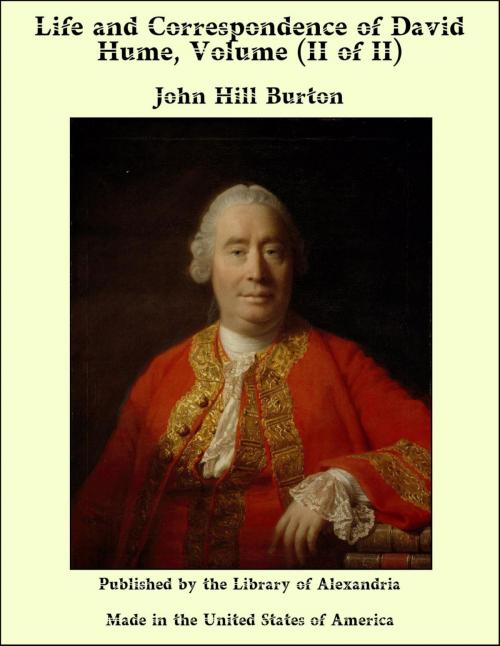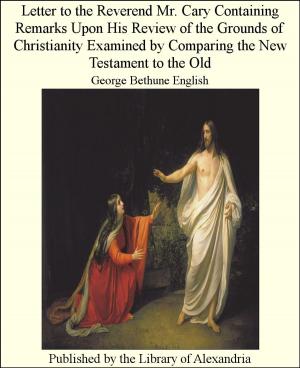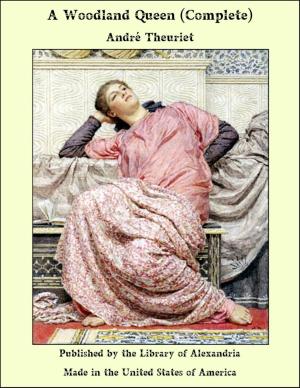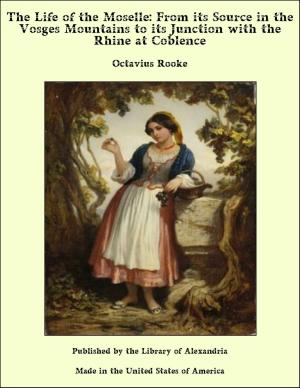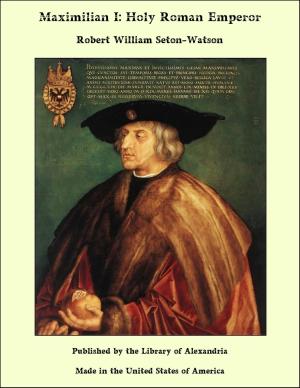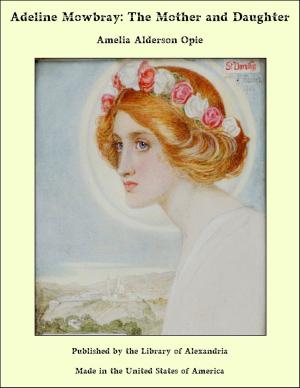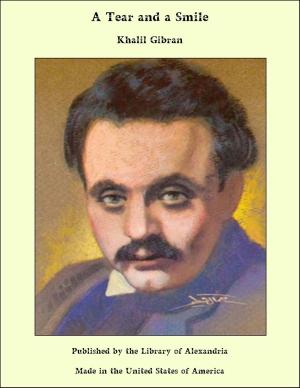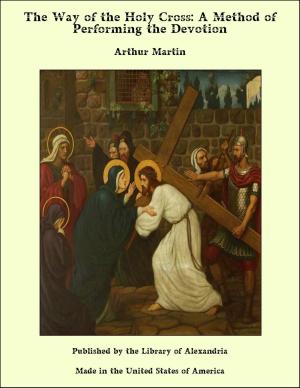Life and Correspondence of David Hume, Volume (II of II)
Nonfiction, Religion & Spirituality, New Age, History, Fiction & Literature| Author: | John Hill Burton | ISBN: | 9781465581822 |
| Publisher: | Library of Alexandria | Publication: | March 8, 2015 |
| Imprint: | Language: | English |
| Author: | John Hill Burton |
| ISBN: | 9781465581822 |
| Publisher: | Library of Alexandria |
| Publication: | March 8, 2015 |
| Imprint: | |
| Language: | English |
The second volume of the History of the Stuarts—His Apologies for his Treatment of Religion—The Four Dissertations—The Two Suppressed Dissertations—Resigns his Office of Librarian—Home's Douglas—Commences the History of the Tudors—Wilkie's Epigoniad—Hume's Nationalism—Warburton—Colonel Edmondstoune—Dr. Robertson—Negotiations as to Ferguson's Chair—Hume goes to London—Writes letters of Fictitious and Extravagant News—Smith's Theory of Moral Sentiments—Publication of the History of the House of Tudor—General View of the Constitutional Principles of the History. We have now followed the personal history of David Hume through nearly twenty years of authorship. We have seen him approach the tribunal of public opinion with the strongest internal assurance of success, and in a form so different from that of his predecessors, as a high reliance on his own powers could alone have prompted. Baffled in the first, and in the second, and in the third attempt, he still persevered; and while the coldness of each reception showed him that his last effort had proved a failure, it never extinguished the fire of literary ardour which he felt burning within him, or quenched the hope, that it would one day blaze forth before the world. It is only towards the termination of this long period of laborious authorship that we find the philosopher's early visions of intellectual greatness beginning to be fulfilled. At the period at which we have now arrived, his name was famous over Europe. It was a fame that, once spread abroad, was not soon to die; for those to whom his name was first made known in his new popular work, speedily discovered that, in his earliest neglected effort, he had laid the foundation of a still surer claim on their admiration, and justified the sagacity with which, in the pride and strength of youthful genius, he had thrown its first fruits before the world unaided and unadvised.
The second volume of the History of the Stuarts—His Apologies for his Treatment of Religion—The Four Dissertations—The Two Suppressed Dissertations—Resigns his Office of Librarian—Home's Douglas—Commences the History of the Tudors—Wilkie's Epigoniad—Hume's Nationalism—Warburton—Colonel Edmondstoune—Dr. Robertson—Negotiations as to Ferguson's Chair—Hume goes to London—Writes letters of Fictitious and Extravagant News—Smith's Theory of Moral Sentiments—Publication of the History of the House of Tudor—General View of the Constitutional Principles of the History. We have now followed the personal history of David Hume through nearly twenty years of authorship. We have seen him approach the tribunal of public opinion with the strongest internal assurance of success, and in a form so different from that of his predecessors, as a high reliance on his own powers could alone have prompted. Baffled in the first, and in the second, and in the third attempt, he still persevered; and while the coldness of each reception showed him that his last effort had proved a failure, it never extinguished the fire of literary ardour which he felt burning within him, or quenched the hope, that it would one day blaze forth before the world. It is only towards the termination of this long period of laborious authorship that we find the philosopher's early visions of intellectual greatness beginning to be fulfilled. At the period at which we have now arrived, his name was famous over Europe. It was a fame that, once spread abroad, was not soon to die; for those to whom his name was first made known in his new popular work, speedily discovered that, in his earliest neglected effort, he had laid the foundation of a still surer claim on their admiration, and justified the sagacity with which, in the pride and strength of youthful genius, he had thrown its first fruits before the world unaided and unadvised.
